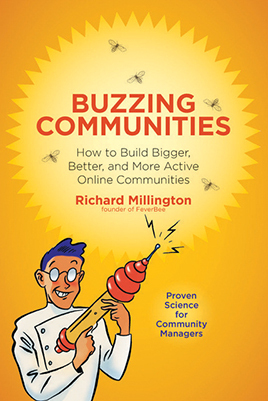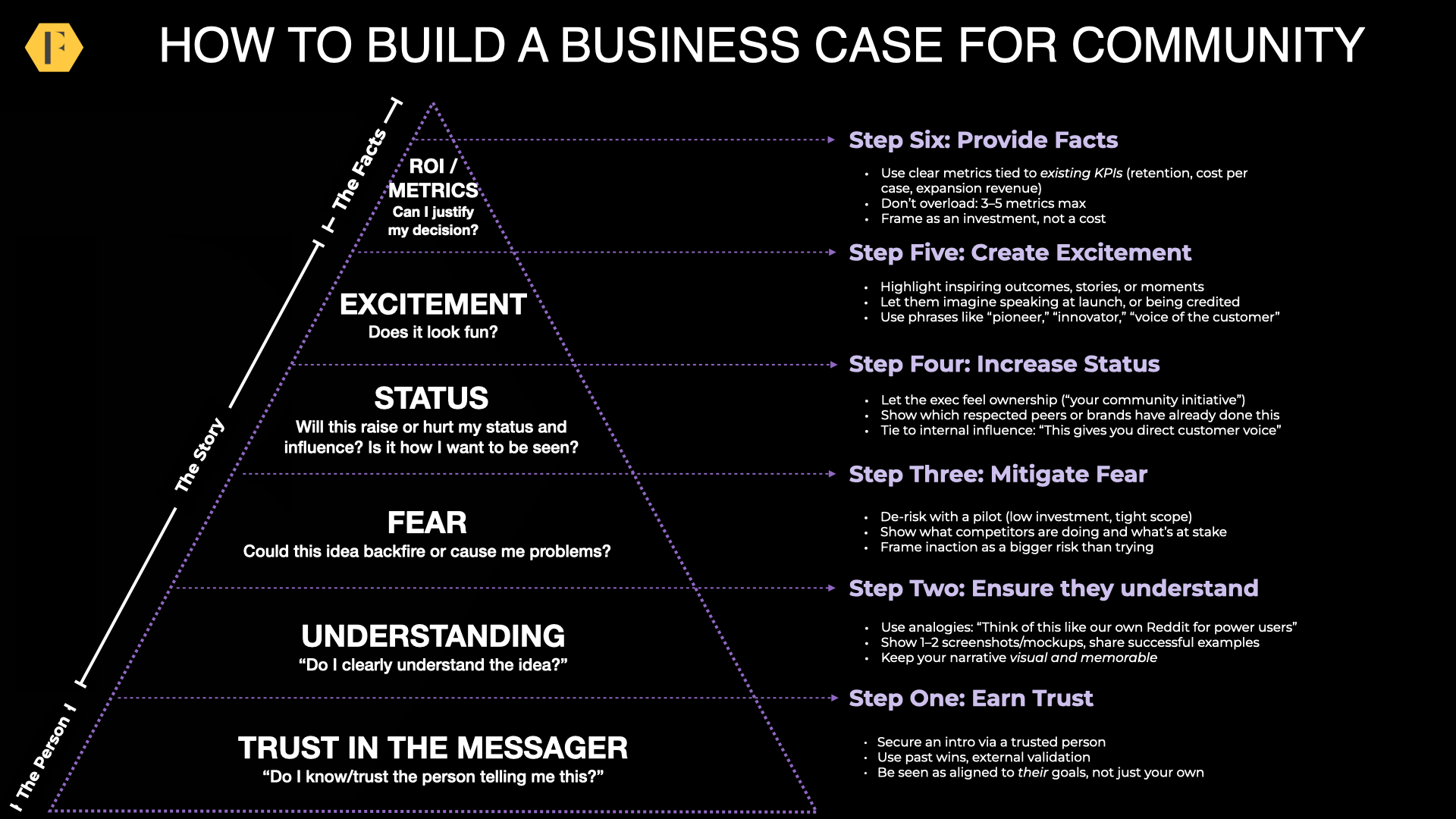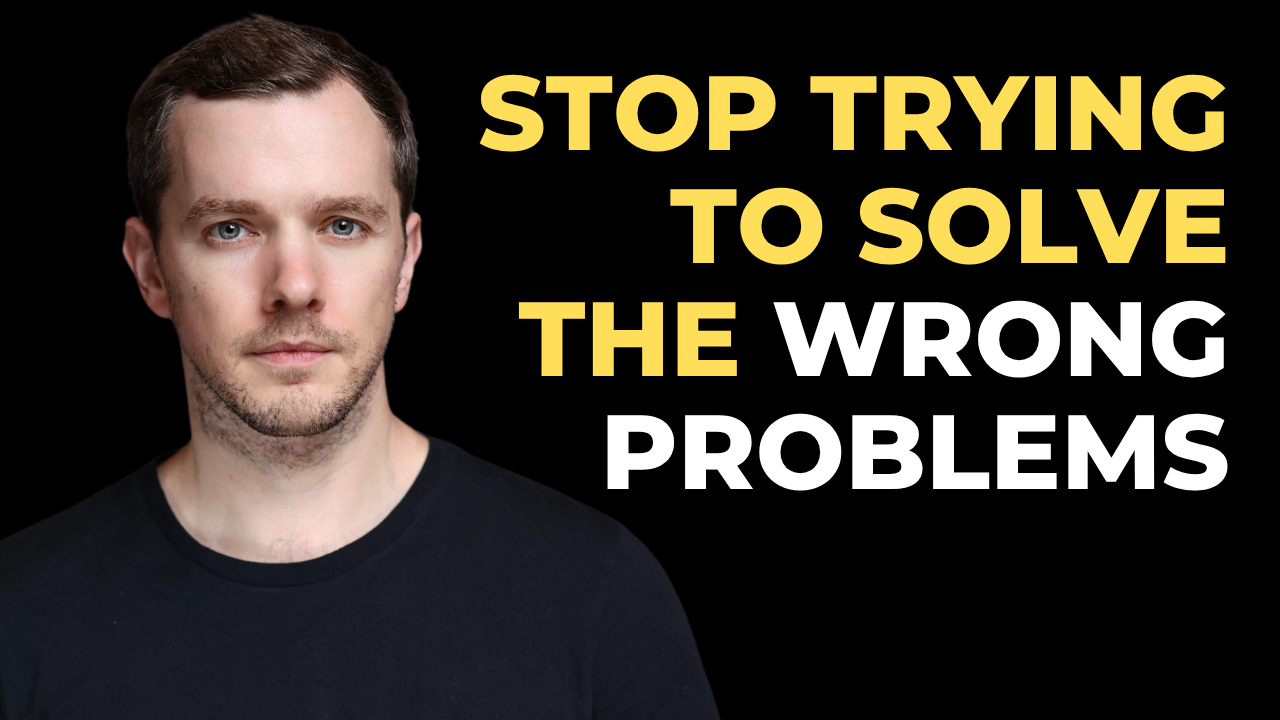Facebook pages hold little value to community building.
Facebook groups is a different matter. These have three big advantages over any other platform.
1) Audience size. They have a big audience which knows how to use the platform.
2) Existing Habits. Members of the audience typically visit the platform every day, often many times a day. Thus you receive regular notifications.
3) Simplicity. The platform is quick and easy to set up, and quite simple to manage.
The first factor isn’t as important as the latter two. The audience size is irrelevant. What matters is how many of that audience you can reach. More people use e-mail, for example, but that’s irrelevant unless you have everyone’s e-mail address.
The downsides are quite clear too:
1) Lack of control. You have very little control over how the group appears, what functions are available, the identity of the group, or anything else. Facebook might begin charging you to reach members of your own groups or remove a feature you like. This is a big danger. Facebook might remove the notifications feature, for example, and then members would stop visiting your group (the trigger would be broken).
2) Lack of features. You can’t create customized newcomer to regular conversion journeys, you don’t have access to advanced stats, you don’t have most of the basic tools most people have. You lose the ability to send a direct message to all members once you reach 5000 members. This is a big risk.
2) Mixing Identities. In communities of practice, unique interests, and many other fields, people want unique identities. Facebook doesn’t allow that. Many members won’t join your community because they don’t want to combine their online identities. You might not want your Facebook friends to know you’re a huge fan of Harry Potter fan fiction.
4) Tied to Facebook. Your group is tied to Facebook. If the popularity of Facebook declines, so does your group. You’re not creating unique habits to visit a separate page. If anything happens to Facebook, your group will struggle.
Facebook groups can be a great tool to get a community started or for a quick/simple result. For the long-term, it’s not a tool we recommend for our clients.
This is also true for LinkedIn, Google+, Twitter, Pinterest, and many other platforms.





